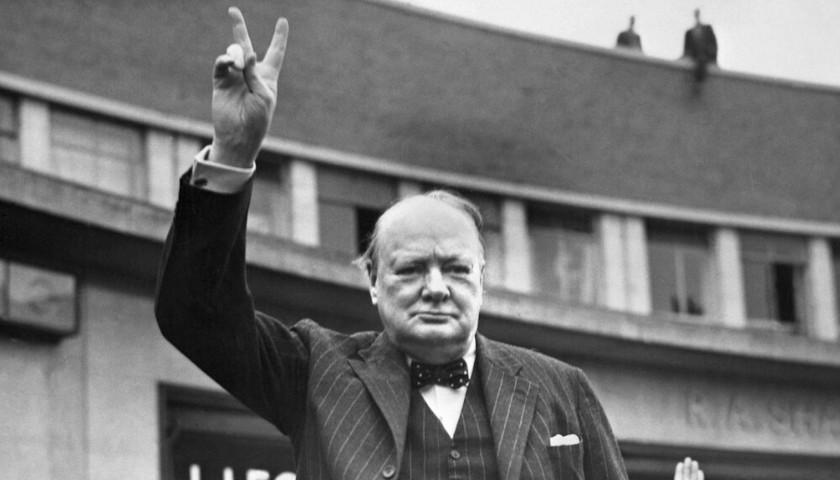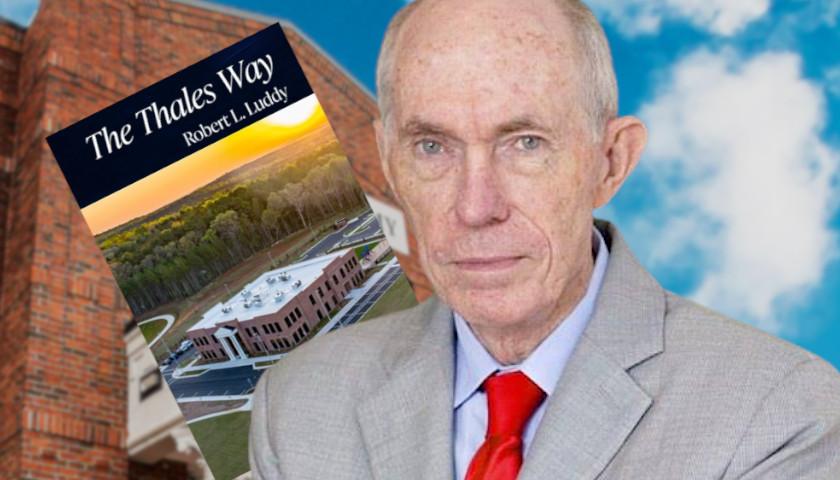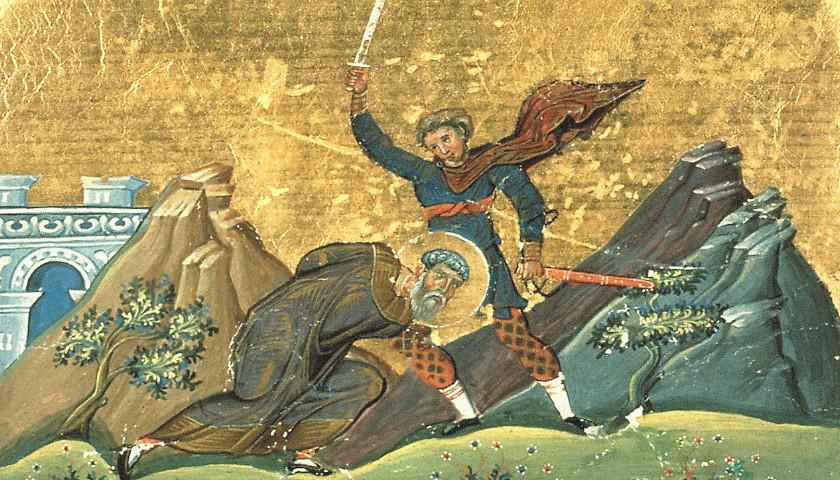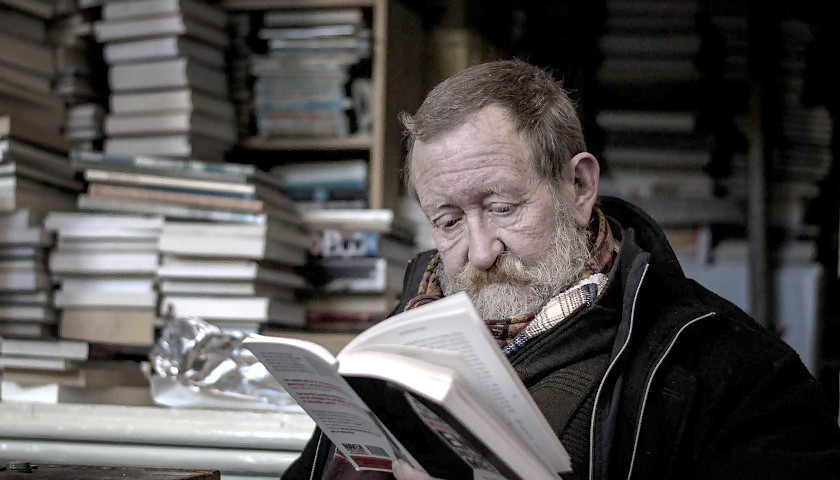This week, the National Association of Scholars (“NAS”) and the Heritage Foundation are sponsoring a panel discussion on diversity ideology in higher education. A number of reports have recently been published on the topic, with most documenting monies spent by state universities on “diversity, equity and inclusion” (“DEI“). The Maryland affiliate of the National Association of Scholars released the most recent such report this summer, but the Virginia affiliate issued one last year, while Idaho, North Carolina, Maine, and Tennessee produced similar documents before that.
The Maryland report reminds state officials that “diversity” is usually a cover for race-based practices that are now likely illegal under the 2023 United States Supreme Court case, Students for Fair Admissions v. Harvard (or “SFFA”). That opinion found that racial preferences in university admissions were a violation of federal civil rights laws and also the Constitution’s Equal Protection clause. SFFA means that any race-based practice in college is presumptively unlawful. As the Court said, “Eliminating discrimination means eliminating all of it … distinctions between citizens solely because of their ancestry are by their nature odious.”
Read More









